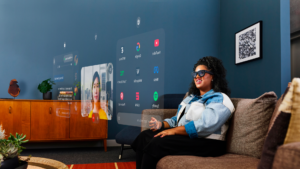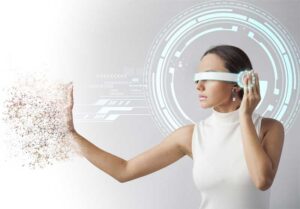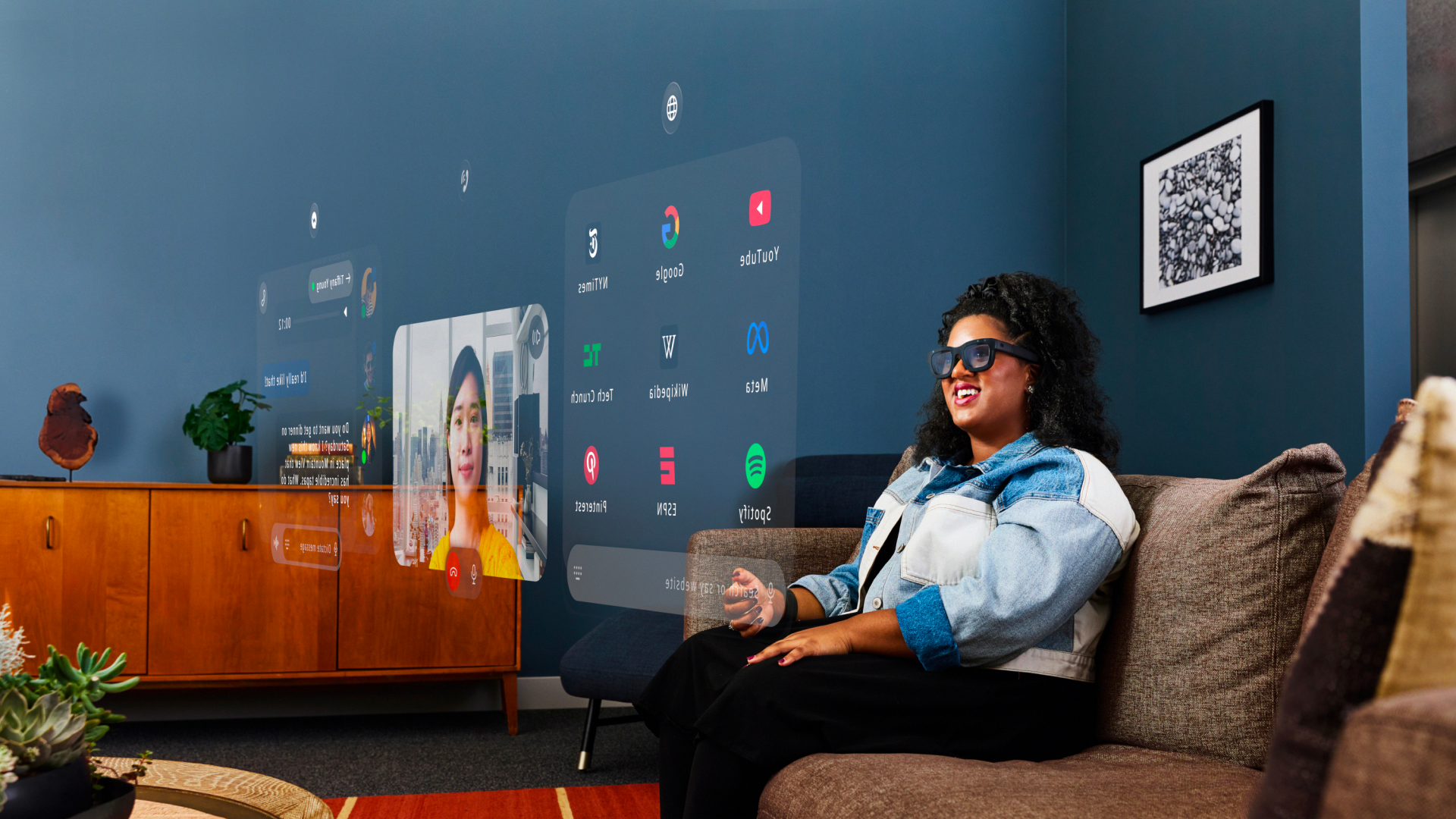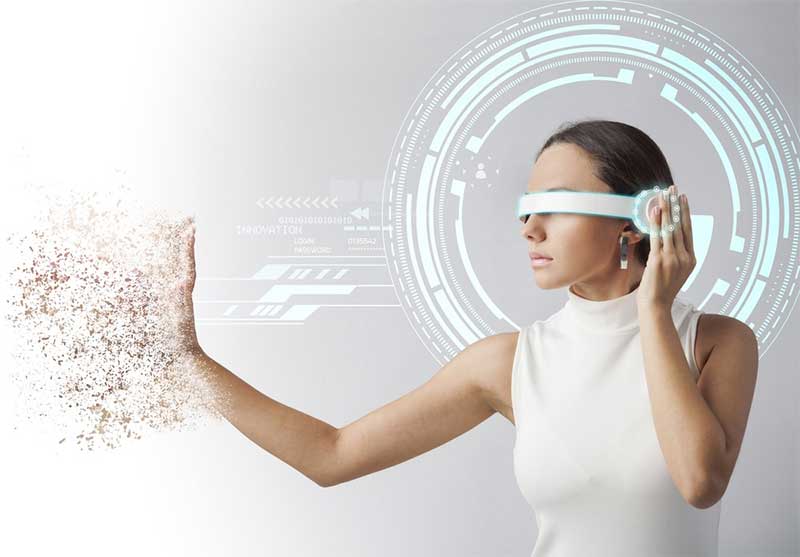The year is 2025, and while you might still be using a classical computer to read this, the world of quantum computing is no longer a distant dream. It’s a rapidly evolving field that’s moving out of the lab and into the real world, promising to solve problems that are simply impossible for even the most powerful supercomputers today.
Quantum technology holds immense potential, from revolutionizing drug discovery to transforming financial modeling. But what exactly is quantum computing, and why is everyone talking about it now? This article will break down the essential information you need to understand this revolutionary technology, its key breakthroughs in 2025, and what it means for our future.
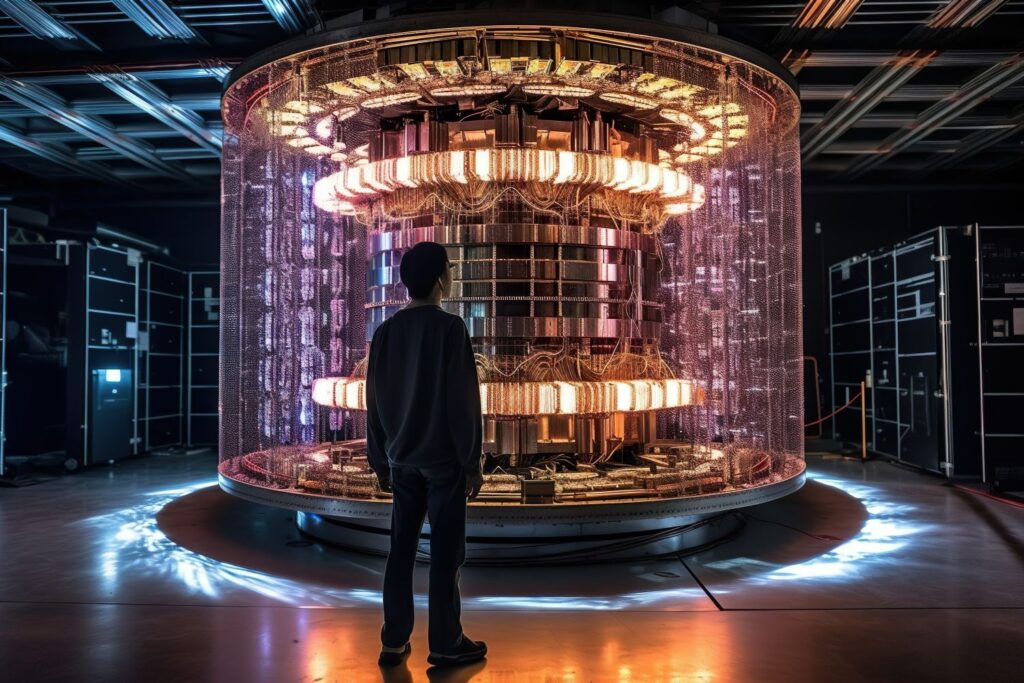
Quantum Computing for Beginners: How It Works
At its core, quantum computing is a new way of processing information. Think about the computer you’re using right now. It uses bits to store and process data, with each bit representing either a 0 or a 1. It’s a simple, binary system that has powered the digital age.
A quantum computer, however, uses quantum bits, or “qubits.” This is where things get interesting. Thanks to the strange rules of quantum mechanics, a qubit isn’t limited to just 0 or 1. It can exist in a superposition, occupying both states simultaneously. This means that a single qubit can represent a vast amount of information simultaneously.
Furthermore, qubits can become “entangled,” meaning the state of one instantly influences the other—regardless of the distance between them.apart they are. This combination of superposition and entanglement allows quantum computers to perform an exponentially greater number of calculations in parallel. While adding more bits to a classical computer doubles its processing power, adding qubits to a quantum computer increases its power exponentially.
Quantum Computing vs. Classical Computing: A Simple Analogy
To better understand the difference, imagine trying to find your way through a giant maze.
A classical computer is like one person exploring every possible path sequentially.
It’s a methodical, but slow, process. It will eventually find the correct path, but it might take a very long time.
A quantum computer, on the other hand, is like having countless versions of yourself, all walking down every path in the maze at the same time. This is the power of superposition. All these versions are interconnected through entanglement, allowing them to share information instantly. They can explore the entire maze simultaneously and find the correct path almost instantaneously. This simple analogy highlights why quantum computing vs classical computing is not a competition, but a partnership. Quantum computers won’t replace your laptop for tasks like writing emails or Browse the web; instead, they’ll serve as powerful tools for specialized, complex problems.
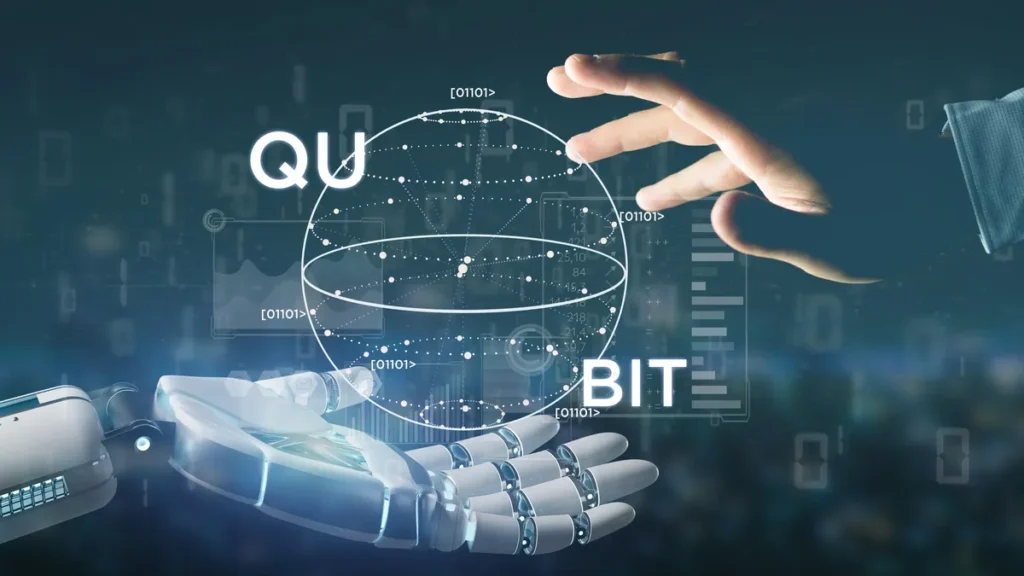
2025: A Pivotal Year and Key Industry Trends
This year has been a particularly exciting one for the field. The United Nations has even designated 2025 as the International Year of Quantum Science and Technology, celebrating 100 years since the initial development of quantum mechanics. This has brought increased global attention and funding to the industry.
Major breakthroughs in error correction have been a key trend. Qubits are highly sensitive and can easily be disrupted by minor environmental noise.
For years, this “decoherence” has been a major hurdle. However, in 2025, companies and research labs have demonstrated significant progress in creating more stable logical qubits and improving error mitigation techniques. This progress is a huge step toward building fault-tolerant quantum machines that can perform reliable calculations.
Another major trend is the shift from purely theoretical research to practical applications. We’re seeing more on-premises quantum deployments and increased collaboration between quantum hardware and software companies to develop full-stack solutions. Businesses are beginning to realize the potential of these machines for real-world applications.
Breaking Down the Hype: Real-World Applications of Quantum Computing
While a universal quantum computer is still a ways off, researchers and businesses are already finding practical uses for today’s machines. The potential applications are vast and varied:
- Drug Discovery and Materials Science: Simulating complex molecules and chemical reactions is a monumental task for classical computers. Quantum computers can model these interactions with unprecedented accuracy, potentially accelerating the discovery of new medicines, creating more efficient batteries, and developing advanced materials.
- Financial Modeling: The finance industry is a hotbed of quantum innovation. Quantum computers can be used to solve complex optimization problems, such as risk analysis, portfolio optimization, and fraud detection, in a fraction of the time.
- Artificial Intelligence: Quantum machine learning is an emerging field that could supercharge AI.Quantum computers can analyze massive datasets in novel ways, enabling more advanced and efficient AI models.
- Cryptography and Cybersecurity: On the flip side, the power of quantum computers poses a major threat to current encryption methods, which rely on the difficulty of factoring large numbers. As a result, a massive push is underway to develop “quantum-safe” encryption to protect our digital infrastructure for the future. You can learn more about this crucial effort from the National Institute of Standards and Technology (NIST), a key authority in developing post-quantum cryptography standards.
For more in-depth analysis on how this technology is impacting various industries, you might find a related article on our main site, Deep Dive Insight, to be an excellent resource. We believe in staying ahead of the curve, and our team is constantly exploring how these technological leaps will shape our world.
The Major Players: best quantum computing companies 2025
The competition to build the first truly useful quantum computer is fierce. Tech giants like IBM, Google, and Microsoft are all investing billions in research and development. IBM’s quantum roadmap is particularly aggressive, and their cloud-based quantum services are making the technology accessible to a wider audience. On the other hand, companies like IonQ and Quantinuum are making significant strides with trapped-ion technology, a different approach to building qubits. A deeper look at the rapid pace of innovation can be found in resources from leading tech institutions like MIT Technology Review.
Quantum computing education deals 2025
While building a quantum computer isn’t a DIY project, learning about the field is more accessible than ever. With 2025 being the International Year of Quantum, many educational platforms are offering discounts on courses and certifications. You can find the latest coupons and deals on quantum computing education, software, and tools by visiting our dedicated coupon site at coupons.deepdiveinsight.com. Don’t miss out on these seasonal deals to kickstart your journey into this fascinating world.
The Future is Now: What to Expect Next
The road to a fully functional, fault-tolerant quantum computer is still long, but the progress we’re seeing in 2025 is undeniable. As error rates continue to fall and qubit counts rise, we can expect to see an even greater push toward specialized quantum applications. The focus will shift from simply demonstrating quantum advantage to building machines that can provide a real-world, commercial advantage. The coming years will be defined by an exciting interplay between hardware innovation, software development, and the integration of quantum systems into our existing technological infrastructure.
Frequently Asked Questions
Will quantum computers replace classical computers for everyday tasks?
No, quantum computers are not designed to replace classical computers for tasks like web Browse or word processing. They are specialized tools for solving incredibly complex problems that are beyond the reach of traditional machines.
What is a qubit and how is it different from a bit?
A bit in a classical computer can only be a 0 or a 1. A qubit, or quantum bit, can exist in a state of superposition, meaning it can be both a 0 and a 1 simultaneously.
Is quantum computing a threat to cybersecurity?
Eventually, yes. The power of quantum computers could break many of today’s common encryption methods. This has led to a global effort to develop new “quantum-safe” cryptographic standards to protect our data.
When will quantum computing be mainstream?
While a fully fault-tolerant quantum computer is still years away, we are already seeing the emergence of commercial applications and increased accessibility through cloud services. The technology is no longer purely theoretical.

